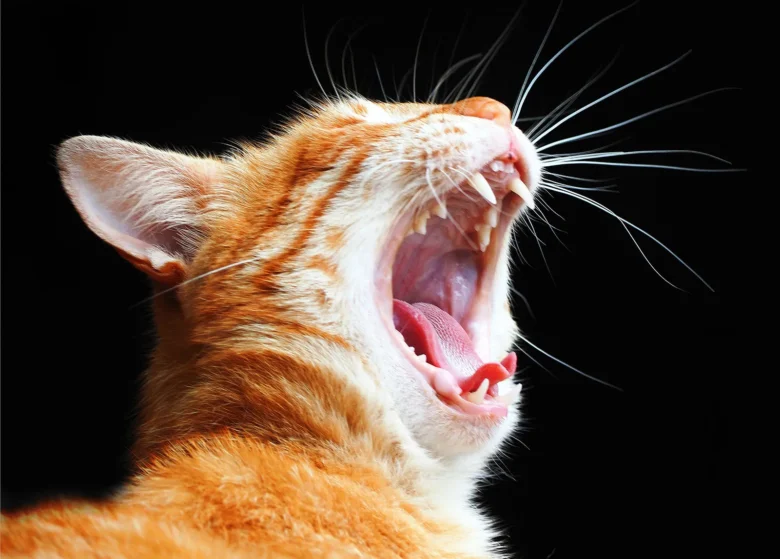Cats are mysterious creatures, known for their aloof demeanor and independent nature. But despite their seemingly self-sufficient attitude, our feline friends require diligent care and attention to ensure they live long, healthy lives. From proper nutrition to regular veterinary check-ups, there are a variety of essential care and wellness tips that every cat owner should be aware of. In this article, we’ll explore the basics of cat health 101, helping you to provide the best possible care for your beloved pet.
– The Importance of Regular Vet Check-Ups and Preventative Care for Cats
Regular vet check-ups and preventative care are crucial for keeping your feline companion healthy and happy. Cats are notorious for hiding signs of illness, so routine check-ups can help catch any potential health issues early on. Your vet can perform a thorough physical examination, check for parasites, and administer necessary vaccinations to keep your cat protected.
Preventative care is key to maintaining your cat’s well-being. This includes regular flea and tick treatments, dental cleanings, and proper nutrition. By staying on top of these preventative measures, you can help prevent common health problems and ensure your cat lives a long and healthy life. Additionally, spaying or neutering your cat can help prevent unwanted litters and certain reproductive cancers.
In addition to vet visits, it’s important to be proactive about your cat’s health at home. Monitor their eating habits, litter box usage, and overall behavior for any changes. Provide them with a high-quality diet, plenty of fresh water, and opportunities for exercise and mental stimulation. By working together with your vet and providing attentive care, you can help your beloved feline friend thrive for years to come.
– Best Practices for Proper Nutrition and Feeding Your Feline Friend
Proper nutrition is essential for keeping your feline friend healthy and happy. One of the best practices for feeding your cat is to ensure they have a balanced diet that meets all their nutritional needs. This includes providing them with a mix of high-quality cat food, fresh water, and occasional treats.
When it comes to choosing the right food for your cat, opt for options that are specifically formulated for their age, weight, and health condition. Look for products that contain a good balance of protein, fats, vitamins, and minerals. Avoid feeding your cat human food, as it can be harmful to their digestive system. Always consult with your veterinarian if you have any questions or concerns about your cat’s diet.
In addition to providing your cat with the right food, it’s important to monitor their feeding schedule. Most cats do well with a consistent feeding routine, so try to feed them at the same time each day. Be mindful of portion sizes, as overfeeding can lead to obesity and other health issues. Remember, a healthy diet is key to ensuring a long and happy life for your beloved feline friend.
– Understanding Common Health Issues in Cats and How to Address Them
When it comes to keeping your feline friend healthy and happy, it’s essential to be aware of common health issues that may arise. One common issue that cats face is dental problems. Just like humans, cats can develop gum disease, tartar buildup, and tooth decay. To address this, regularly brush your cat’s teeth, provide dental treats or toys, and schedule dental cleanings with your veterinarian.
Another health concern for cats is obesity. Obesity can lead to a variety of health problems such as diabetes, arthritis, and heart disease. To help your cat maintain a healthy weight, be sure to feed them a balanced diet, provide regular exercise opportunities, and monitor their food intake. Consult with your vet for guidance on portion control and dietary choices.
In addition to dental issues and obesity, cats are also susceptible to urinary tract problems. These issues can range from urinary tract infections to urinary blockages, which can be life-threatening if not treated promptly. Make sure your cat stays hydrated, has access to clean litter boxes, and receives regular veterinary check-ups to monitor their urinary health.
– Mental and Emotional Well-Being: Ways to Keep Your Cat Happy and Stress-Free
Just like humans, cats also need to maintain good mental and emotional well-being to lead a happy and stress-free life. To ensure your beloved pet stays healthy and content, here are some essential care and wellness tips you can incorporate into their daily routine:
Provide a Safe and Enriching Environment:
- Ensure your cat has access to plenty of hiding spots and high resting places.
- Offer toys and scratching posts to keep them mentally stimulated.
- Establish a consistent routine for feeding, playtime, and rest.
Monitor Their Behavior and Body Language:
- Pay attention to any changes in their eating or litter box habits.
- Observe their body language for signs of stress or discomfort.
- Seek veterinary care if you notice any unusual behavior or symptoms.
Practice Positive Reinforcement and Bonding:
- Reward good behavior with treats or praise to reinforce positive habits.
- Spend quality time playing and bonding with your cat every day.
- Give them love and attention to strengthen your relationship and build trust.
In Retrospect
Caring for your feline friend is not just a responsibility, but a privilege. By following these essential care and wellness tips, you can ensure that your beloved pet lives a long, healthy, and happy life by your side. Remember, regular check-ups with the vet, a well-balanced diet, plenty of playtime, and lots of love and affection are key to your cat’s overall well-being. So take the time to give your furry companion the best care possible, and you will be rewarded with unconditional love and companionship for years to come. Thank you for reading our guide to cat health 101.



